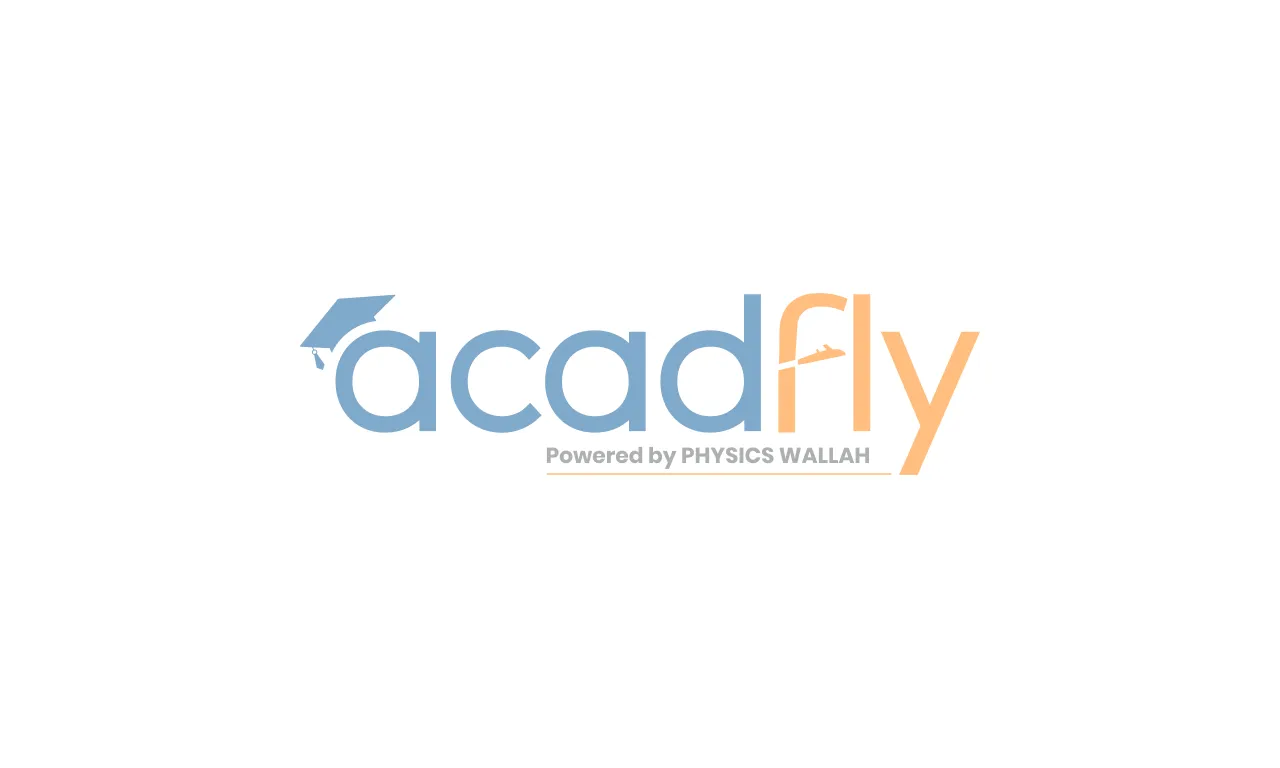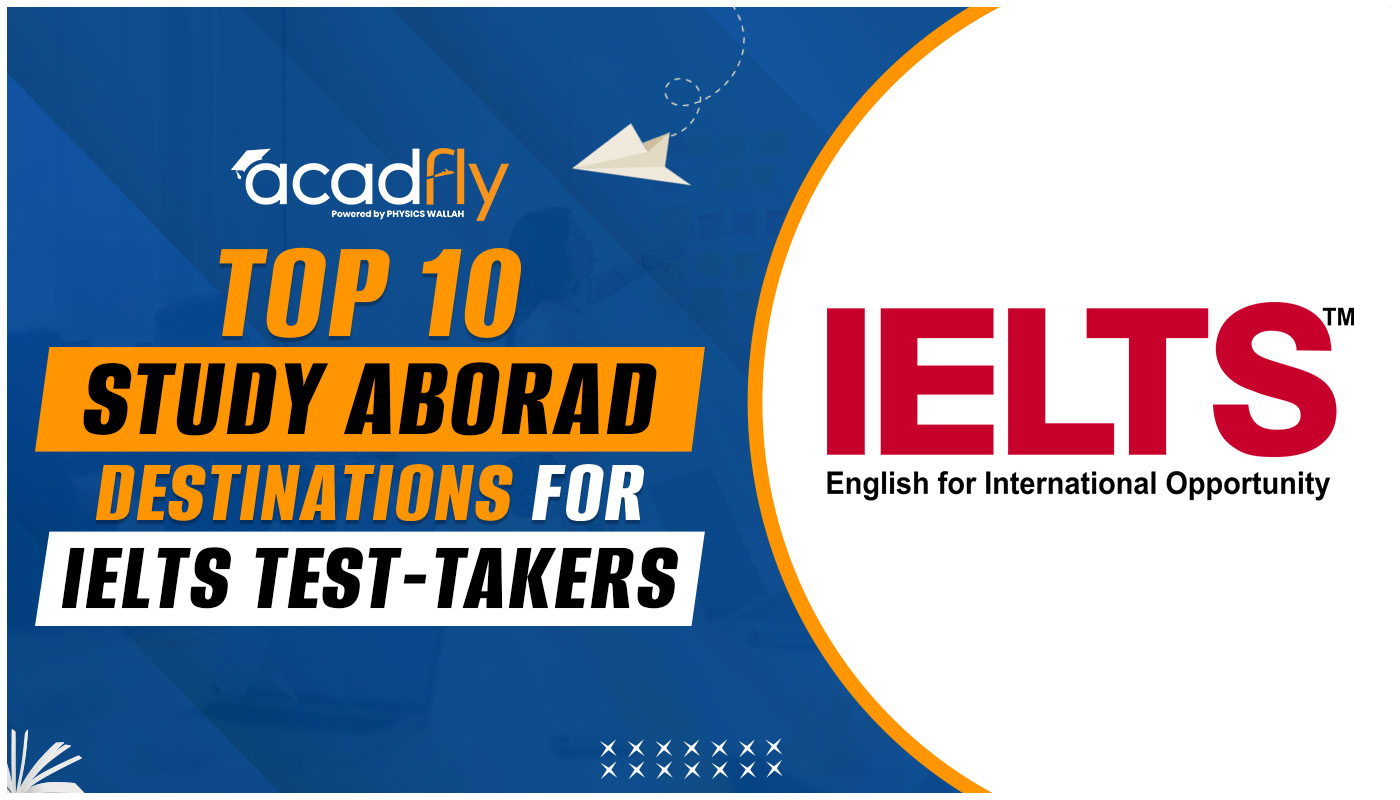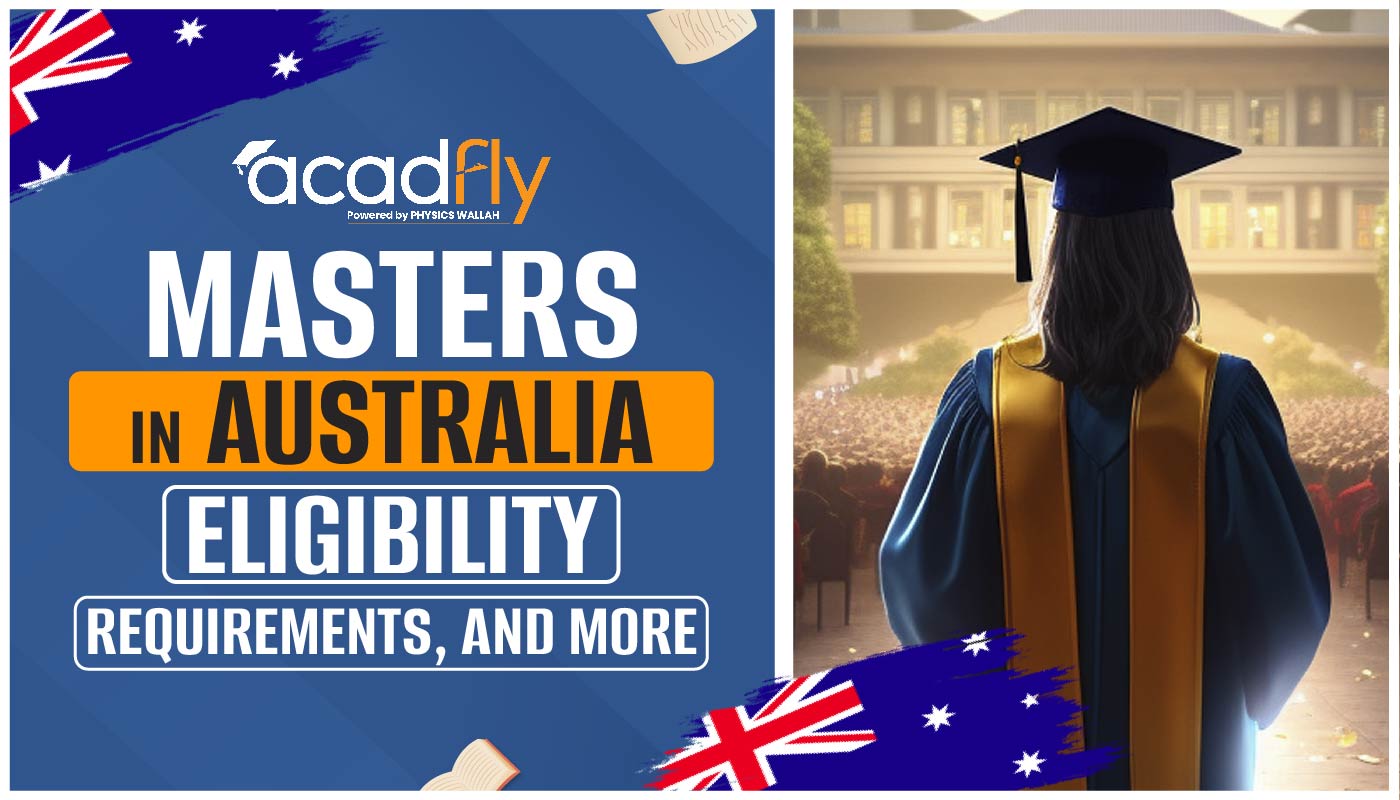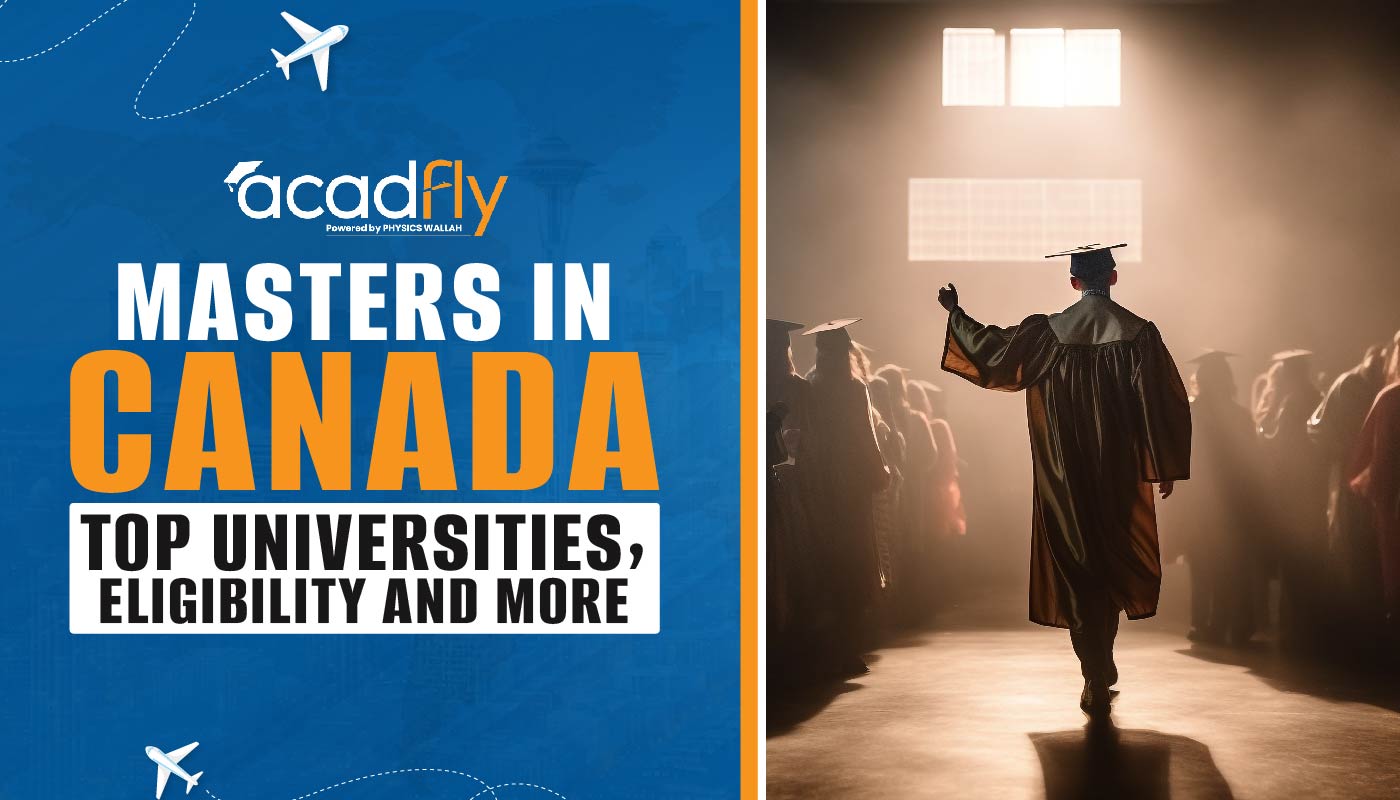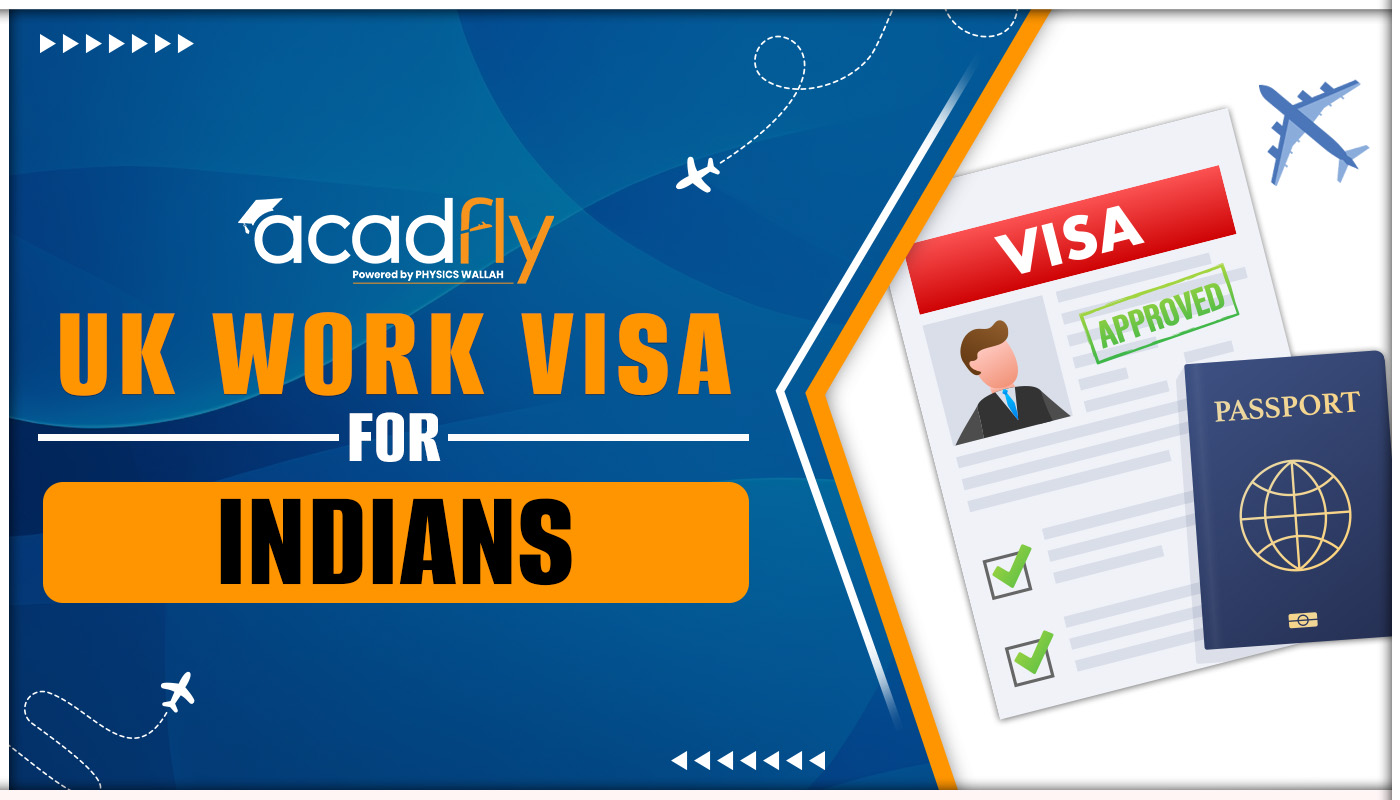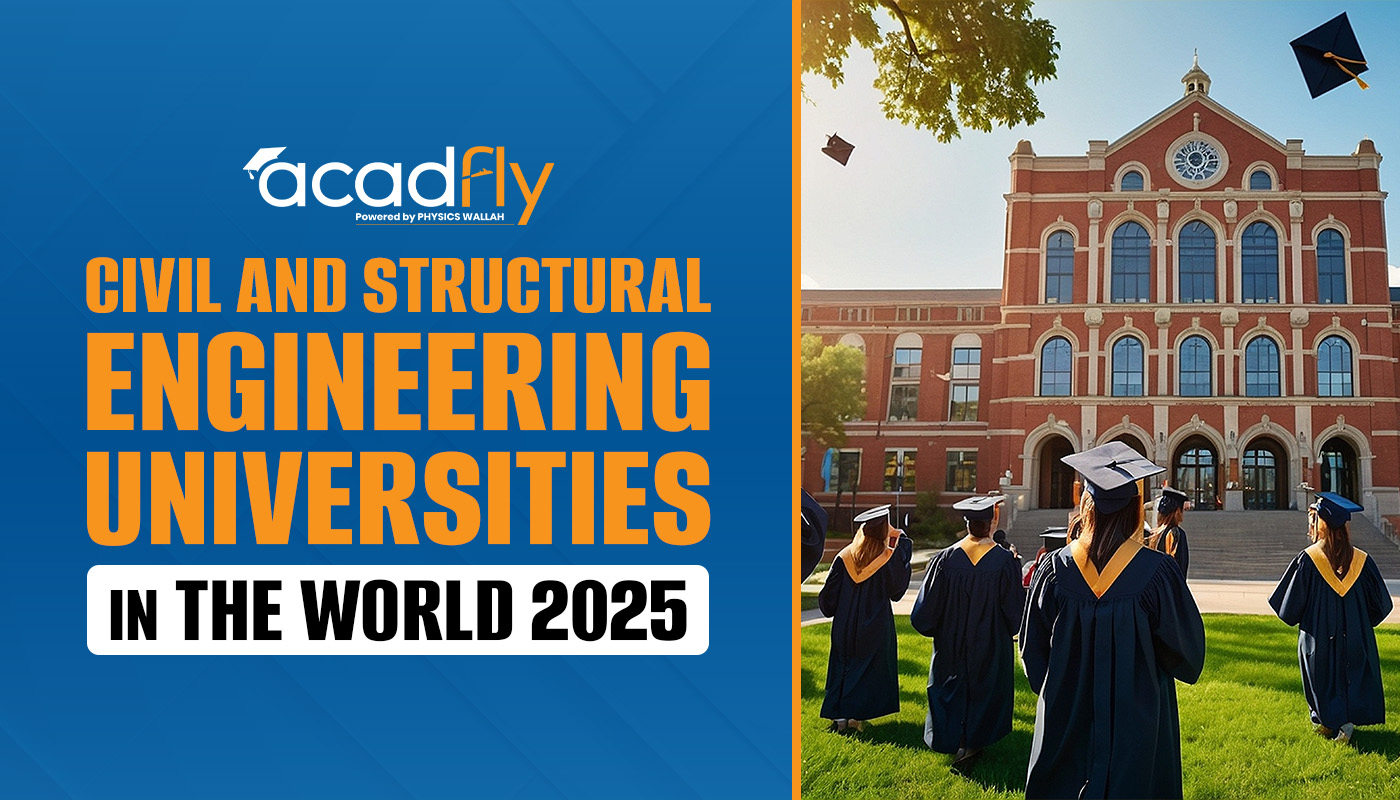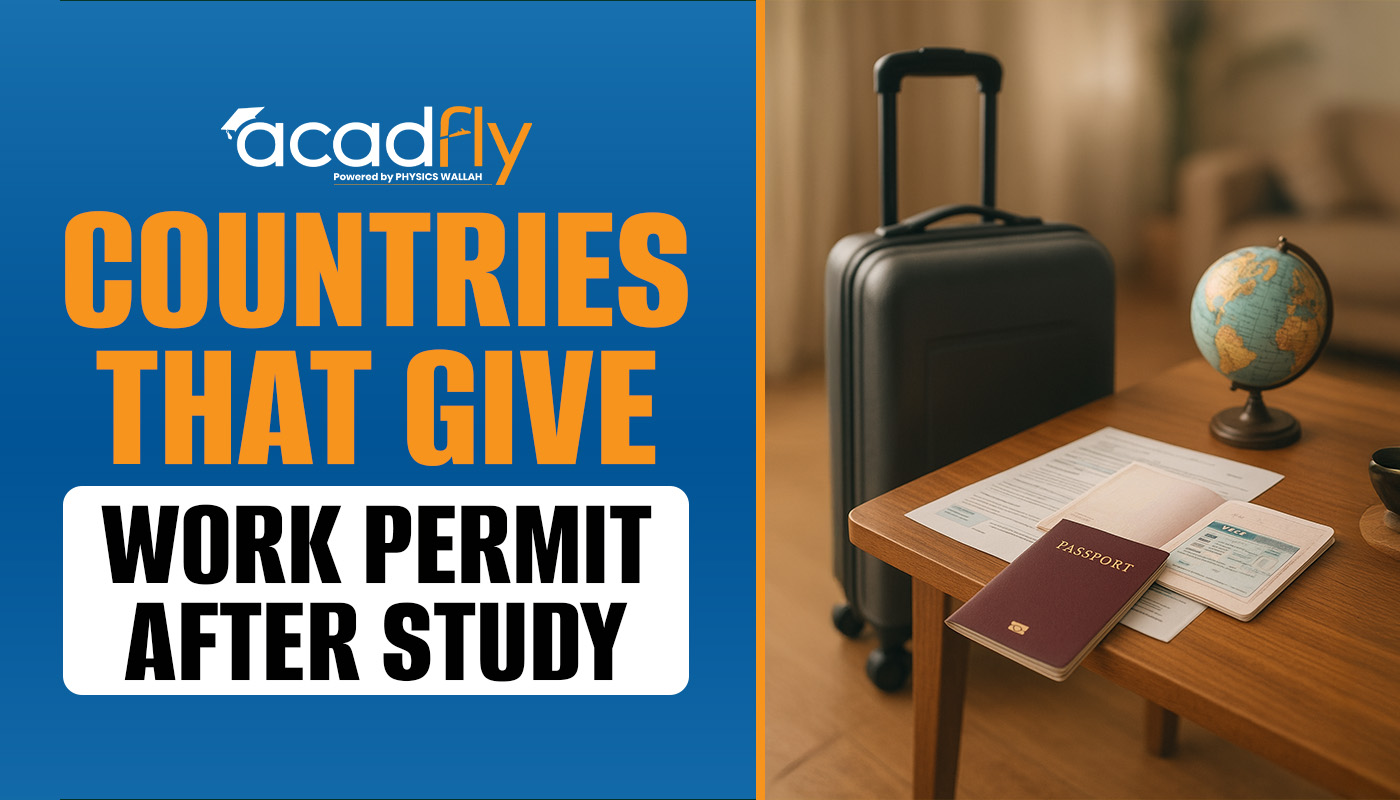
US Immigrant Visa Types: Requirements & Process
Navigating the process of obtaining a US immigrant visa can be complex and daunting, especially for students and professionals aiming to study or work in the United States. Understanding the different types of US immigrant visas is crucial for making informed decisions and successfully planning your journey. This guide will provide a detailed overview of US immigrant visa types, including non-immigrant US study visa types, and serve as a comprehensive resource for prospective students.
Understanding US Immigrant Visa Types
What are US Immigrant Visas?
US immigrant visas are issued to individuals who intend to live permanently in the United States. These visas allow recipients to apply for lawful permanent residency, commonly known as a Green Card. Different US immigrant visa types cater to various purposes, such as family reunification, employment, and special categories.
Different US Immigrant Visas Types
There are several categories of US immigrant visas, each with specific eligibility requirements and application processes. The main categories include:
-
Family-Sponsored Visas
-
Employment-Based Visas
-
Diversity Visa Lottery
-
Special Immigrant Visas
Family-Sponsored Immigrant Visas
Family-sponsored visas are designed for individuals with close relatives who are US citizens or lawful permanent residents. The primary US Immigrant Visa Types include:
-
IR-1/CR-1: For spouses of US citizens.
-
IR-2/CR-2: For unmarried children under 21 years of age of US citizens.
-
IR-5: For parents of US citizens.
-
F1: For unmarried sons and daughters of US citizens.
-
F2A/F2B: For spouses, minor children, and unmarried sons and daughters of lawful permanent residents.
-
F3: For married sons and daughters of US citizens.
-
F4: For siblings of US citizens.
Employment-Based US Immigrant Visas Types
Employment-based Immigrant visas types are for individuals who have job offers in the United States. These visas are divided into several preference categories:
-
EB-1: For priority workers, including individuals with extraordinary abilities, outstanding professors and researchers, and multinational executives and managers.
-
EB-2: For professionals with advanced degrees or exceptional ability.
-
EB-3: For skilled workers, professionals, and other workers.
-
EB-4: For special immigrants, including religious workers and employees of US foreign service posts.
-
EB-5: For immigrant investors who invest a substantial amount in a new commercial enterprise that creates jobs.
Diversity Visa Lottery
The Diversity Visa (DV) Lottery program provides a pathway for individuals from countries with low rates of immigration to the United States. Each year, 55,000 diversity visas are issued through a random selection process.
Special Immigrant Visas
Special immigrant visas are available for specific groups of people, including:
-
SI/SQ Visas: For Iraqi and Afghan translators and interpreters who worked with the US Armed Forces.
-
SB-1: For returning residents who previously held a US immigrant visa and are returning to the US after a prolonged stay abroad.
How to Apply for a US Immigrant Visa
Applying for a US immigrant visa involves several steps:
1. Determine Eligibility
Identify the appropriate visa category based on your circumstances, such as family ties, employment, or other criteria.
2. File a Petition
For family-sponsored and employment-based visas, a petition must be filed with the US Citizenship and Immigration Services (USCIS) by a qualifying relative or employer.
3. Complete the DS-260 Form
Once the petition is approved, complete the DS-260 Immigrant Visa Electronic Application form online.
4. Gather Required Documents
Prepare all necessary documents, including:
-
Passport
-
Birth certificate
-
Marriage certificate (if applicable)
-
Police clearance certificates
-
Medical examination report
-
Financial support documents
5. Attend the Visa Interview
Attend an interview at the US embassy or consulate in your home country. During the interview, a consular officer will review your application and ask questions to determine your eligibility.
6. Pay Fees
Pay all required visa fees, including application fees and any additional processing fees.
7. Receive a Visa and Travel to the US
If approved, receive your visa and prepare for travel to the United States. Upon arrival, you will undergo inspection by US Customs and Border Protection (CBP) at the port of entry.
Conclusion
Understanding the various US immigrant visa types and the application process is crucial for anyone planning to move to the United States permanently. Whether you are applying through family sponsorship, employment, or the diversity lottery, thorough preparation and knowledge of the requirements can significantly enhance your chances of success. For personalized guidance and support in your visa application process, consider reaching out to AcadFly Counsellor. They can help you navigate the complexities of the application process and achieve your dream of living and studying in the US.
Frequently Asked Questions
1. What are the different types of US immigrant visas?
2. How can I apply for a family-sponsored immigrant visa?
3. What is the Diversity Visa Lottery?
4. What is the difference between F-1 and M-1 student visas?
5. What documents are required for a US immigrant visa application?

